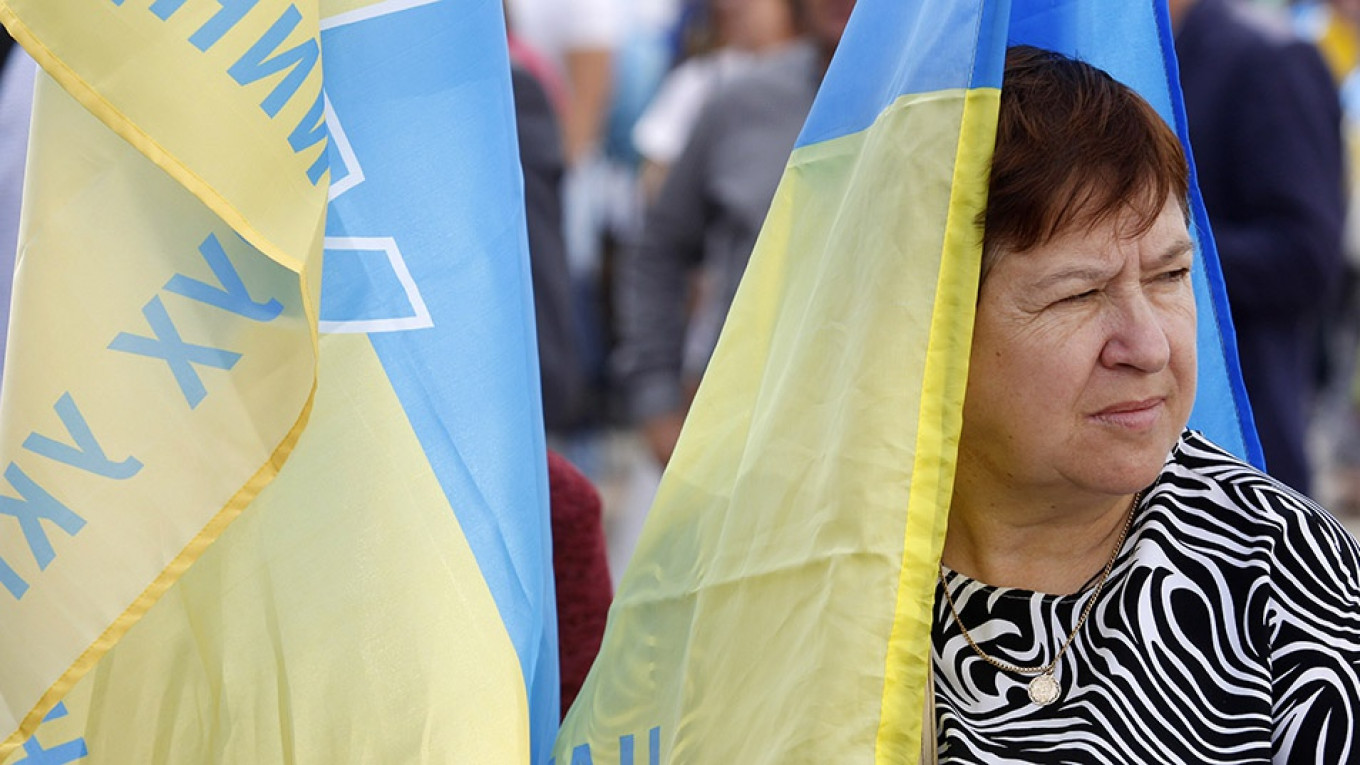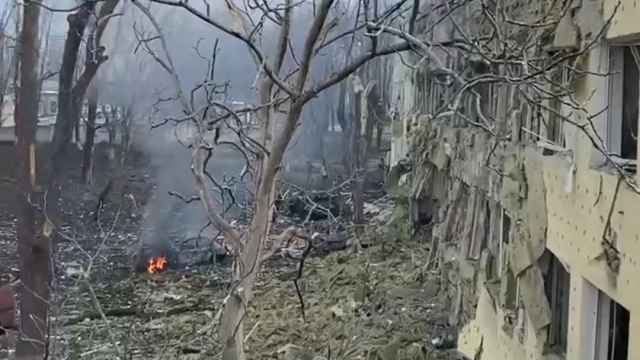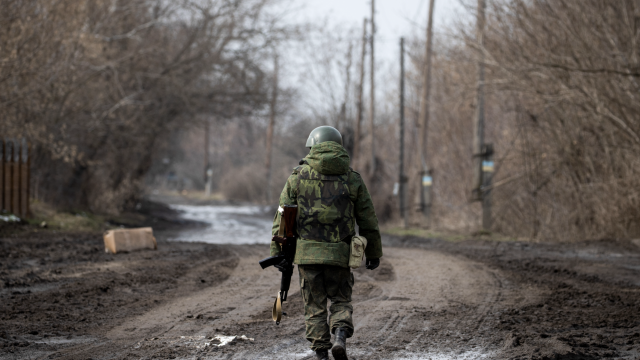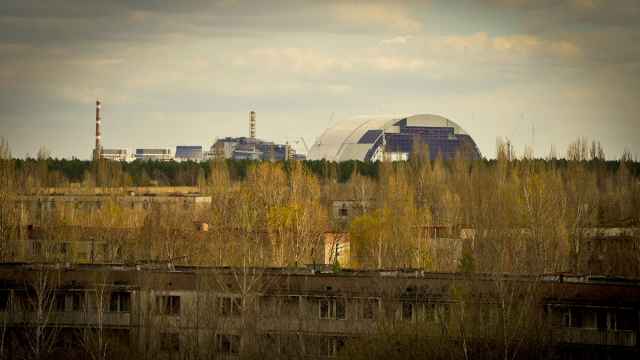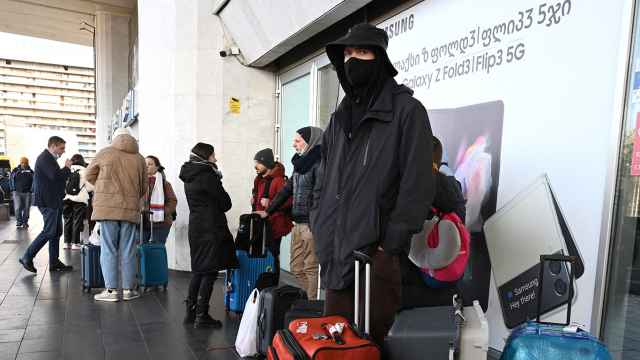Russian politicians have criticized a new law passed in Ukraine’s western city of Lviv that bans “Russian-language culture products” in public places amid tense bilateral relations between the two neighboring countries.
On Tuesday evening, deputies of Lviv’s regional council passed a law banning the public use of "Russian-language cultural products" in the region. A copy of the law published on the council’s website says that it aims to “overcome the consequences of prolonged linguistic Russification” and will stay in place “until the occupation of Ukrainian territories comes to an end.”
In Russia, the law was met with derision and alarm, with some state media reporting it would be illegal to read Russian books, sing Russian songs or stage Russian plays.
Russian State Duma deputy and leader of the nationalist Rodina party, Alexei Zhuravlev, called supporters of the law “animals” and “Russophobes.”
"Soon these reactionists will start to tear out the tongues of their fellow citizens if they decide that a particular tongue is too Russian,” he tweeted on Wednesday.
Sergei Tsekov, a member of the Federation Council’s International Affairs Committee, said the new law “violates international law as well as the Ukrainian constitution,” the state-run RT news network reported.
Russian-Ukrainian ties have deteriorated since Moscow's annexation of Crimea in 2014 and support for rebels in eastern Ukraine.
Language in particular has been a sensitive issue in the two nation’s relationship. Following Ukraine's Maidan uprising in February 2014, the country's parliament abolished a law allowing regions to declare Russian a second official language, sparking protests in Russia.
The Lviv law, which was supported by a slight majority in the regional council, did not specify what it considers to be “Russian language cultural products.”
The law also recommended for “local authorities in other parts of the country to adopt similar decisions on the establishment of a moratorium.”
A Message from The Moscow Times:
Dear readers,
We are facing unprecedented challenges. Russia's Prosecutor General's Office has designated The Moscow Times as an "undesirable" organization, criminalizing our work and putting our staff at risk of prosecution. This follows our earlier unjust labeling as a "foreign agent."
These actions are direct attempts to silence independent journalism in Russia. The authorities claim our work "discredits the decisions of the Russian leadership." We see things differently: we strive to provide accurate, unbiased reporting on Russia.
We, the journalists of The Moscow Times, refuse to be silenced. But to continue our work, we need your help.
Your support, no matter how small, makes a world of difference. If you can, please support us monthly starting from just $2. It's quick to set up, and every contribution makes a significant impact.
By supporting The Moscow Times, you're defending open, independent journalism in the face of repression. Thank you for standing with us.
Remind me later.


